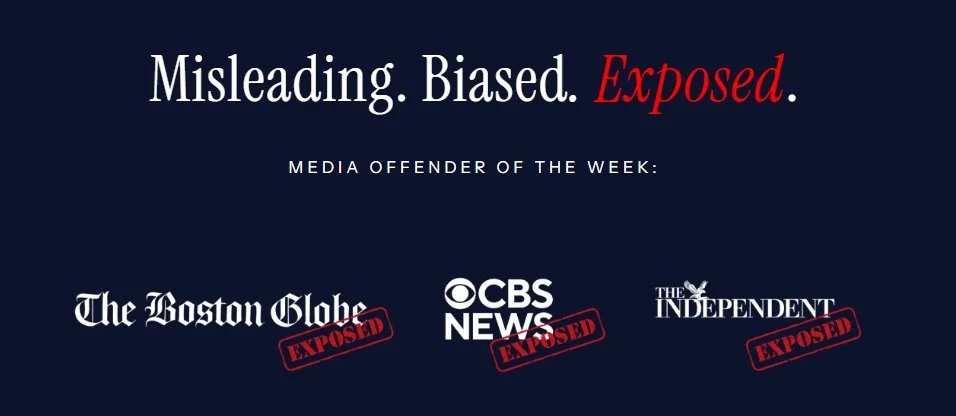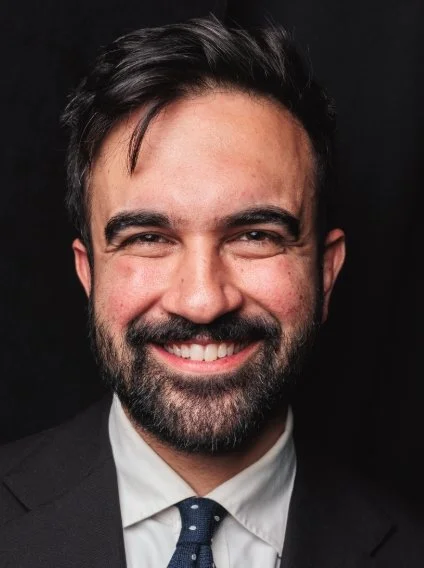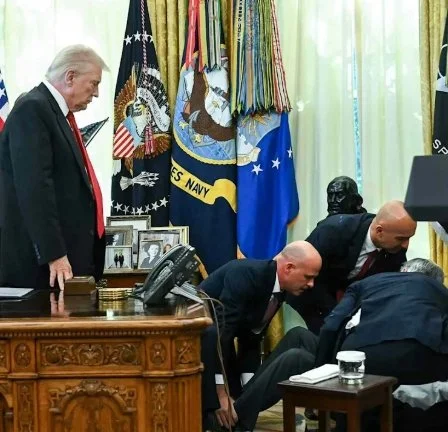How Death Becomes a Campaign Tool: Trump and the Aftermath of the Kirk Assassination
The assassination of Charlie Kirk, gunned down mid-speech at Utah Valley University, has already entered the pipeline of American politics. Within hours, President Trump announced Kirk’s death personally, ordered flags lowered nationwide, and pledged to posthumously award him the Presidential Medal of Freedom.
The swiftness of the response was startling. When Martin Luther King Jr. was killed in Memphis in 1968, President Lyndon Johnson called for calm, while Richard Nixon later converted the unrest into a law-and-order campaign message. Kirk, by contrast, was canonized in real time. Within twenty-four hours he was elevated to martyrdom by a sitting president who framed the killing as a “political assassination” fuelled by the rhetoric of the “radical left.”
Disclaimer
Political violence is abhorrent and has no place in a democratic society. This piece explores the political ramifications of Charlie Kirk's assassination in speculative, analytical terms. It does not condone or justify violence in any form.
Who Was Charlie Kirk?
Charlie Kirk, 31, was a conservative activist, commentator, and co-founder of Turning Point USA, a youth-focused organization that helped mobilize young Trump supporters and positioned itself as a cultural counterweight on U.S. campuses. He built his reputation through viral “Prove Me Wrong” debates with college students, a daily radio show, and a large social media presence.
Kirk thrived on controversy. He argued that some level of gun violence was a “worth it” price for preserving the Second Amendment; condemned the Civil Rights Act of 1964 and criticized Martin Luther King Jr. as “not a good person”; and took an absolutist stance on abortion, opposing it even in cases of rape. He also defended Israel’s campaign in Gaza, promoted COVID-19 conspiracy theories, and invoked the “great replacement” theory in his commentary.
To supporters, Kirk was a tireless defender of free speech and conservative values, celebrated for taking his arguments directly into hostile territory and refusing to soften his views. To critics, he was a provocateur whose rhetoric inflamed division and spread misinformation.
In the hours after his death, tributes poured in from conservative leaders in the U.S. and abroad, including Israeli Prime Minister Benjamin Netanyahu, who praised him as a “lion-hearted friend of Israel.”
The MLK Echo
It is important to be clear from the outset: Martin Luther King Jr. and Charlie Kirk were profoundly different figures, representing starkly different ideologies and moral traditions. This analysis does not equate their lives, work, or legacies. Instead, it examines the similarities in the events of their deaths and the political consequences that followed.
The parallels are unsettling. Both were killed by a lone gunman with a single, well-placed rifle shot to the neck. Both were struck down in public view, at moments when their respective movements were poised for a new phase of visibility. Both instantly became symbolic casualties in a polarized America.
In 1968, King’s assassination catalyzed riots in more than a hundred cities and created the backdrop for Richard Nixon to position himself as the candidate of “law and order.” In 2025, Kirk’s killing threatens to serve a similar function—though in a political environment that is more accelerated, more partisan, and more volatile than the late 1960s.
Similarities and Predictions
| Stage | 1968 (MLK → Nixon) | 2025 (Kirk → Trump) | Notes |
|---|---|---|---|
| The Assassination | MLK shot by lone gunman (James Earl Ray), Memphis motel balcony. | Charlie Kirk shot by lone gunman at ~200 yards, UVU stage. | Both: neck shot, single round, symbolic target. |
| Immediate Response | Riots in 100+ cities; LBJ calls for calm, deploys troops. | Trump announces Kirk’s death personally; lowers flags; Medal of Freedom promised. | Trump skipped restraint → went straight to martyrdom + symbolic canonization. |
| National Shock | Public grief; violent unrest fuels “law and order” climate. | Bipartisan condemnation, but Trump already blames “radical left” rhetoric. | Trump framing narrative faster than LBJ/Nixon did. |
| Political Capitalization | Nixon campaigns on “law and order,” appealing to a “silent majority.” | Trump positions himself as protector against chaos, weaponizing Kirk’s martyrdom. | But Trump’s urgency is higher — Epstein files looming, legal threats. |
| Law-and-Order Expansion | Expanded surveillance, harsher policing, set stage for war on crime. | Trump already using military domestically, rebranded DoD as “Dept. of War.” | Crucial: he’s deploying in blue states where crime is down, not red states where crime is up. Suggests political theatre, not genuine security policy. |
| Martyrdom & Memory | MLK later awarded Medal of Freedom (1977), canonized as civil rights icon. | Kirk being awarded Medal of Freedom within 24 hrs, canonized immediately. | Trump rushing this → urgency = need for distraction + rallying symbol. |
| Long-Term Effect | Shift toward punitive policing, conservative ascendancy (Nixon wins). | Potential justification for authoritarian consolidation and executive powers. Furthering his legal 'invulnerability'. | Trump’s window is narrower, so he accelerates the playbook. |
A President in a Hurry
Trump’s urgency cannot be separated from his broader context. Epstein files continue to trickle into public view, renewing questions about Trump’s past associations. At the same time, he has rebranded the Pentagon as the “Department of War” and already authorized military deployments—not in high-crime red states such as Utah, but in Democratic-run cities where crime has been falling. These moves suggest a political theater of control, rather than a neutral pursuit of security.
Against that backdrop, Kirk’s death offers an opportunity: a distraction from damaging headlines and a chance to frame Trump not as embattled, but as the indispensable strongman.
Martyrdom as Mobilization
By granting Kirk the nation’s highest civilian honor—something civil rights icons such as King only received years later—Trump is writing a story for his base: America is under attack, conservatives are being hunted, and loyalty to the leader is synonymous with loyalty to the nation.
The choice to elevate Kirk to this status is politically effective but historically jarring. Past posthumous recipients were broadly recognized cultural and civic leaders. Kirk, while influential among conservative youth, was a polarizing partisan activist. The Medal of Freedom reframes him as a national hero rather than a partisan one.
The Road Ahead
If history rhymes, the next chapters are predictable. We may see a push for expanded federal security powers, further deployments of troops into politically symbolic jurisdictions, and a continued focus on polarization as proof of existential threat. The narrative will not be one of healing, but of division sharpened.
The question is not whether Trump benefits politically—he almost certainly will—but whether the country can resist being pulled into the same feedback loop that followed King’s death: unrest, crackdowns, and a strengthening of executive power. The difference now is tempo. Nixon played the long game; Trump is playing in fast-forward, with less time and more at stake.
A Dangerous Precedent
To call Kirk’s killing a tragedy is obvious, all gun deaths are tragic. But to stop there is to miss the wider story: a president seizing on bloodshed to accelerate a narrative of martial urgency. Whether the assassin acted alone, out of ideology, or even—as some speculate—as part of some darker false flag operation, the political effect is the same.
In a nation already stretched thin by distrust, polarization, and fear, Trump has been handed not just a martyr, but a match in a country already soaked in fuel.






